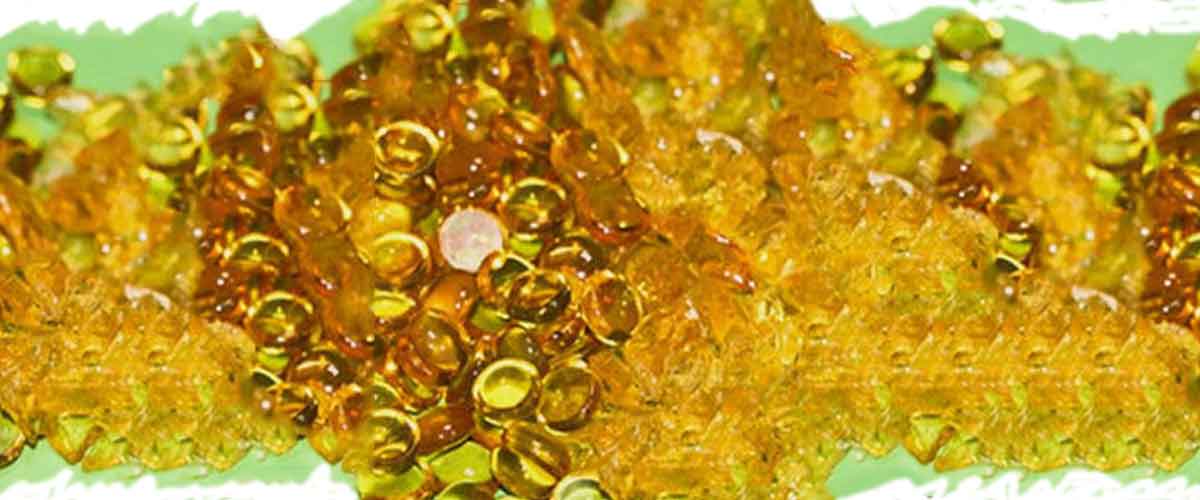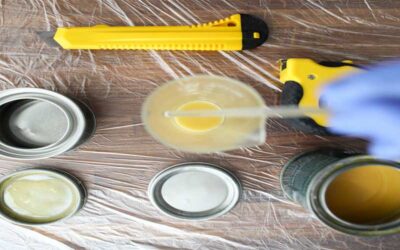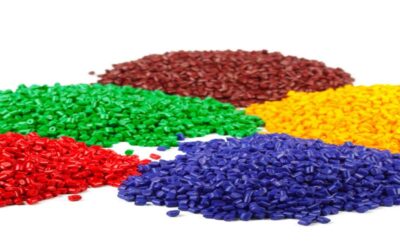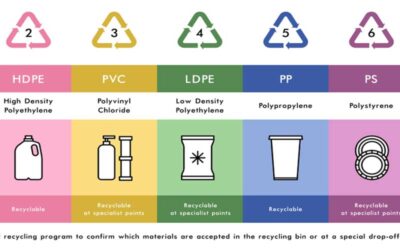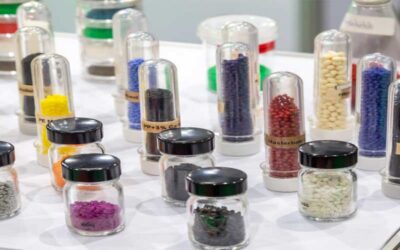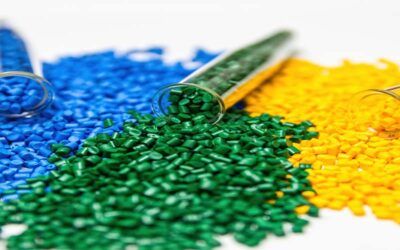Polyamide resin is one of the engineering materials which have amazing mechanical properties. It has a competitive price compared to other engineering plastics.
It has various applications. For example; the automotive industry, electronics industry, and aerospace industry.
The polyamide market grows fast compared to other engineering plastics. It has little literature for research and applications.
High molecular weight polyamides are generally familiar as nylon. Polyamides are crystalline polymers commonly generated by the combination of a diacid and a diamine.
Let’s learn what is Polyamide Resin, its Definition, Properties, Function, History, Types, Advantages, Disadvantages, and the difference between Epoxy Resin and Polyamide Resin.
What is Polyamide Resin?
Polyamide resin is one type of macro-molecular. It is polycondensed by vegetable oil unsaturated fatty acid dimer and polyamine. Its molecule consists of an active group, hydroxyl group, an amide.
Polyamide resins are polymers that are high-molecular-weight. It features amide linkages along with the molecular chain. Synthetic polyamides, inexact, nylon and aramid resins, are used largely in commercial applications.
Properties of Polyamide
Polyamide resins are opaque and high-density polymers with extremely amazing strength and heat tolerance.
Compared with other polymers, polyamide stands up very well to higher temperatures. Polyamides have been largely used to replace some metal components. Especially in under-the-hood automotive applications.
It is one of the chief curing agents and plasticizers for epoxy resin.
It is characterized by tremendous adhesion properties, flexibility, water resistance, corrosion resistance, insulation property et cetera.
The Function of Polyamide Resin
The main applications of polyamide resin are toothbrushes, wear pads, wheels, gloves, guitar strings and pics, tennis racket strings, medical implants, electrical connectors, fishing lines, tents, gears, and many more.
- It can be used in the printing industry to produce solvent type printing ink for the soft palate, surface printing ink for plastic, and hot-melt adhesive.
- Reactive polyamides are initially used as curing agents for epoxy resins.
- Non Reactive polyamides are used largely. These are used in hot-melt adhesives and printing inks.
- It is commonly used in almost every kind of metal and nonmetal. For example aluminum, steel, iron, ceramic, rubber, wood, glass, cement, glass-reinforced plastic along other epoxy resin.
- It is widely used as a casting agent to cast almost every kind of machinery components and seal electronic components.
- It is vastly utilized in chemical antisepsis, cohesion, coating, and so on.
- Polyamide resins are durable. These have excellent friction or abrasion resistance. It also has oil and other types of solvent resistance.
- Polyamide resins are commonly used for industrial materials because of their useful characteristics.
- This resin is widely used as binders in printing inks. It is used for flexo gravure application on some sort of paper, film, and foil webs. Again, usage of polyamide in hot-melt, pressure-sensitive, and heat-seal adhesives for leather, paper, plastic, and metal is commonly seen.
- The main polyamide resin type as well as the liquid resins used as epoxy hardeners, both are produced generally by the condensation reaction of amines with di- and polybasic fatty acids.
- Thermoplastic polyamides are used in many areas such as: formulating glossy, abrasion-resistant, overprint varnishes.
These are the main uses of polyamide resin.
Types of Polyamide Resin
Polyamide resins are of two types.
- One is reactive.
Reactive polyamides are used initially as curing agents for epoxy resins used in surface coatings and adhesives.
- Another one is nonreactive.
Nonreactive polyamides are used mainly in hot-melt adhesives and printing inks.
Advantages of Polyamide Resin
The advantages are:
- High Abrasion Resistance
- Good Thermal Resistance
- Good Fatigue Resistance
- High Machinability
- Noise Dampening
These are some important advantages of polyamide.
Disadvantages of Polyamide Resin
There are some cons and those are:
- Water Absorption
- Chemical Resistance
- High Shrinkage
These disadvantages indicate some of the main problems of using this material in the industry.
Where to Buy Polyamide Resin?
Check out the best polyamide resin reviews to find the perfect one for yourself. And Visit the resin store to buy resins online at a cheap price.
Final Words
Polyamide resin has extremely amazing resistance against attack by aliphatic, aromatic hydrocarbons.
It possesses moderate resistance to most halogenated hydrocarbons.
Its resistance to dilute acids is not so good. They resist most oil and grease easily.
I believe you have got a clear concept of the Polyamide Resin Definition, Properties, Function, History, Types, Advantages, Disadvantages, and the difference between Epoxy Resin and Polyamide Resin.
Read the pillar article to learn about all types of Resin Definitions, History, Types, Functions, Advantages, Disadvantages, and FAQ.

